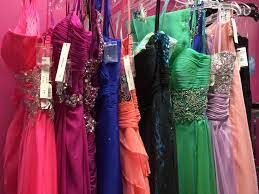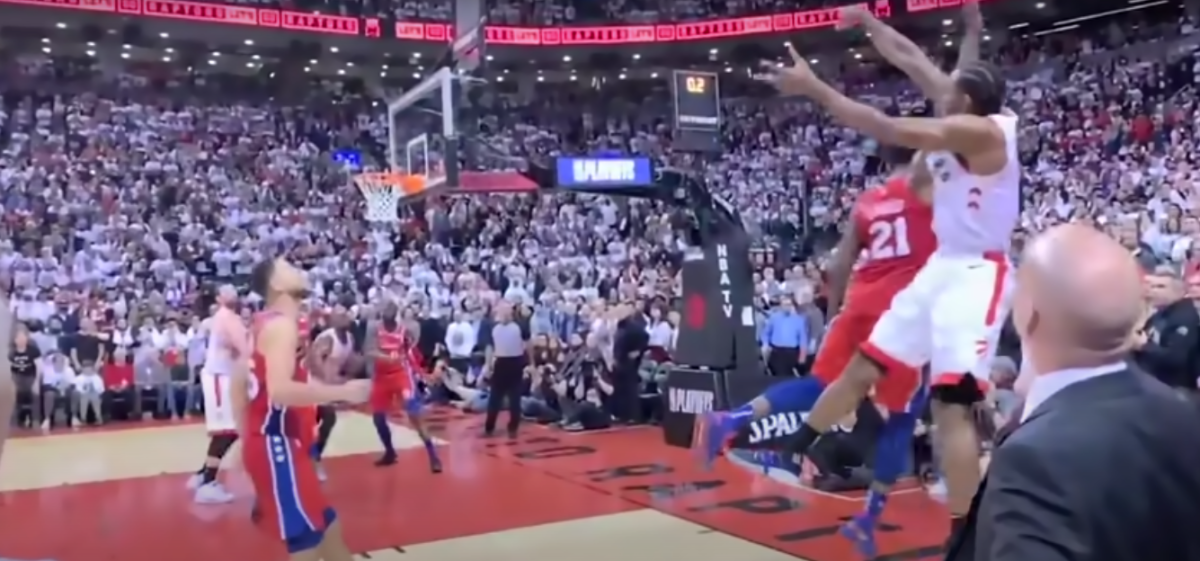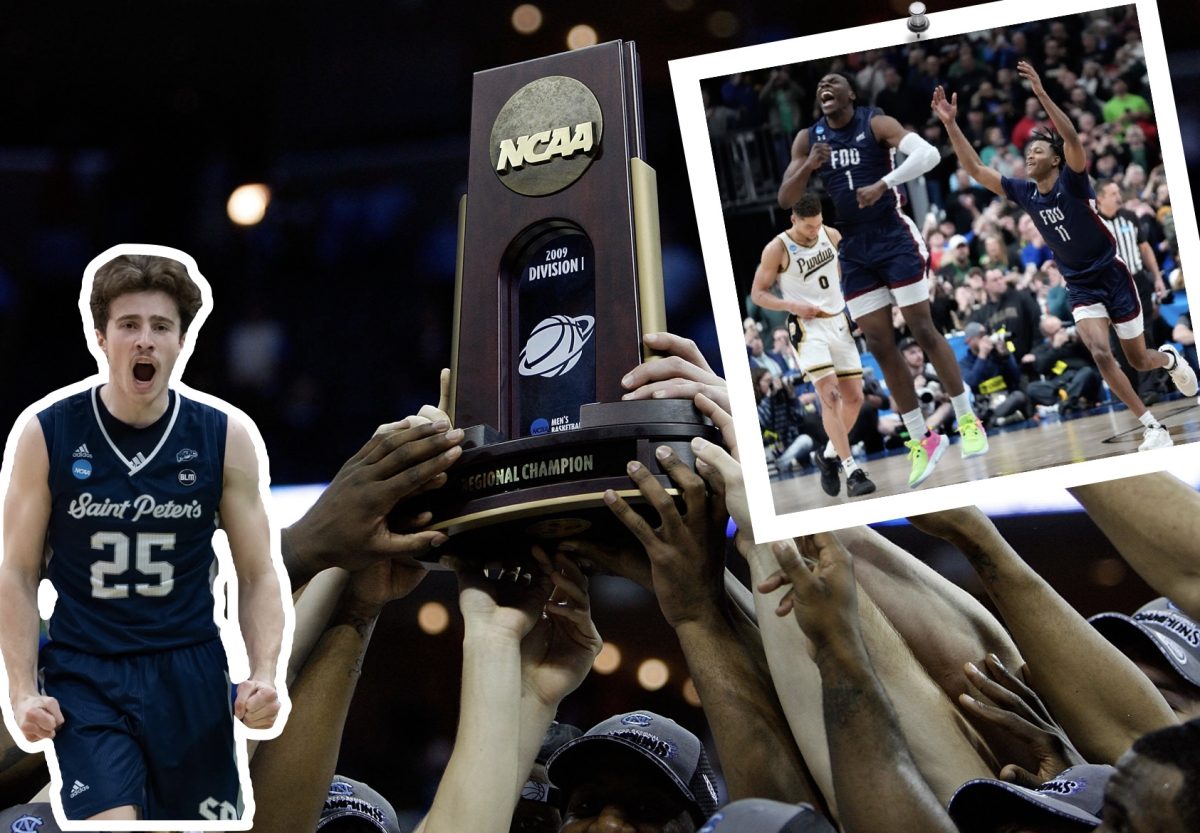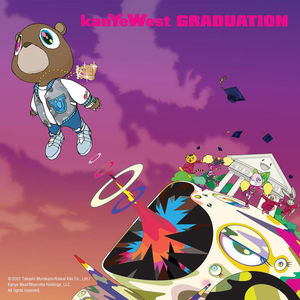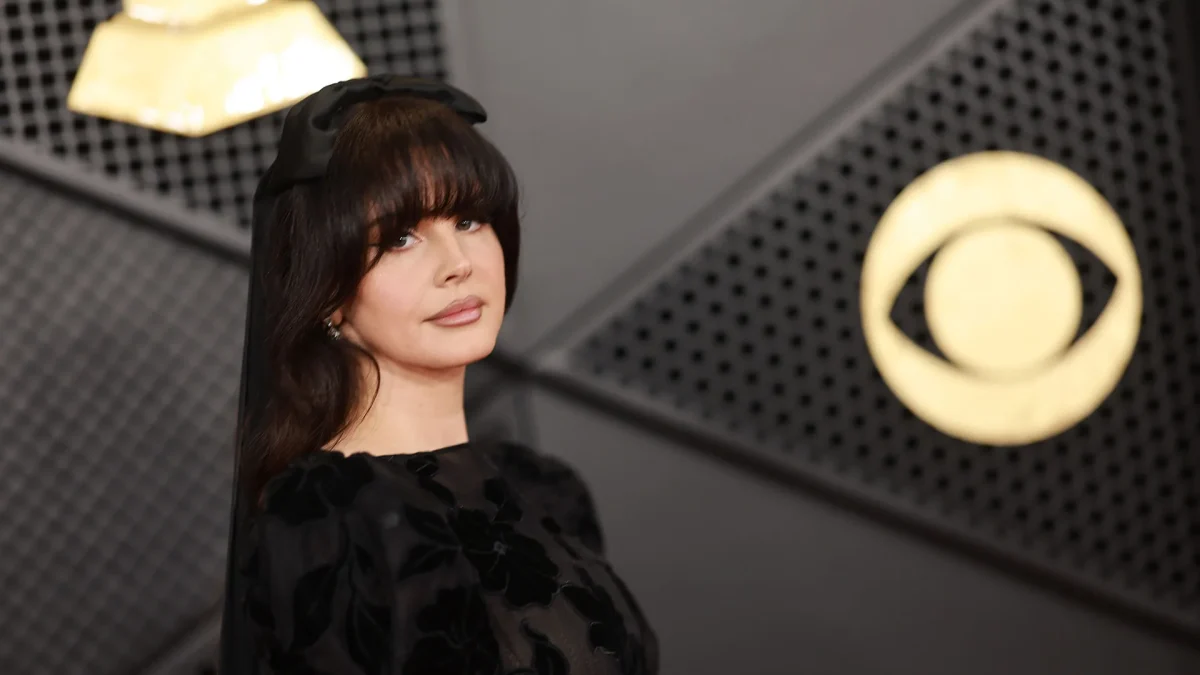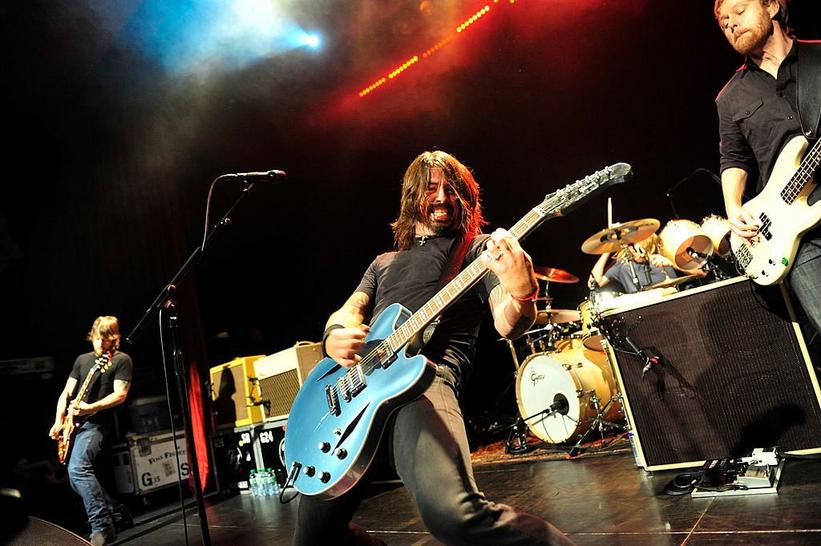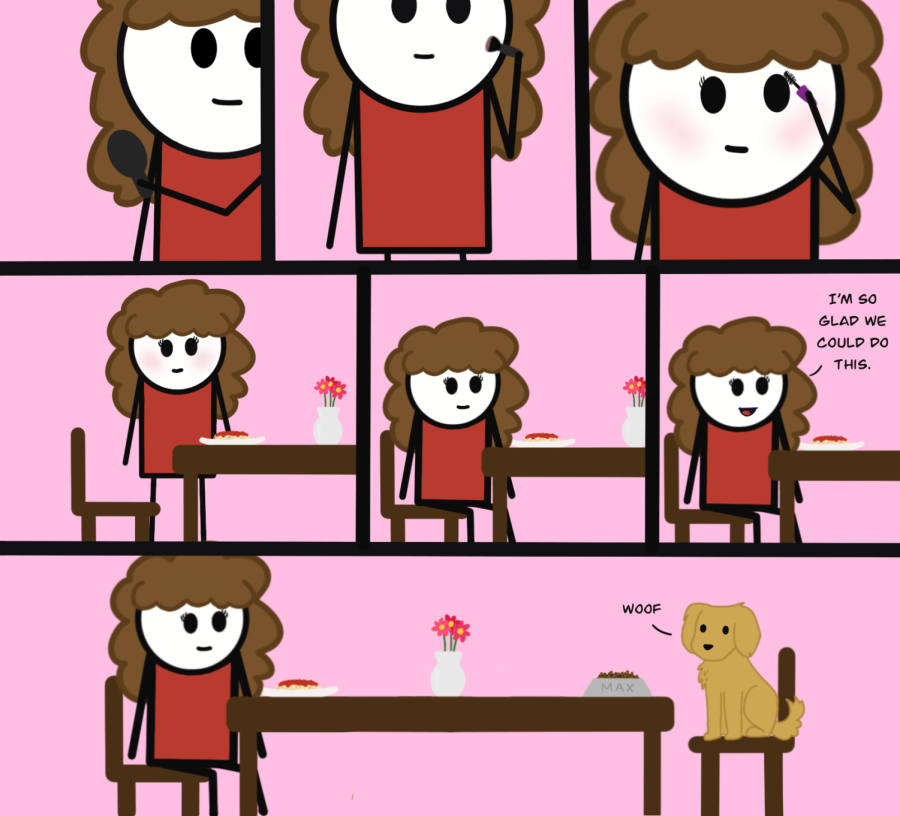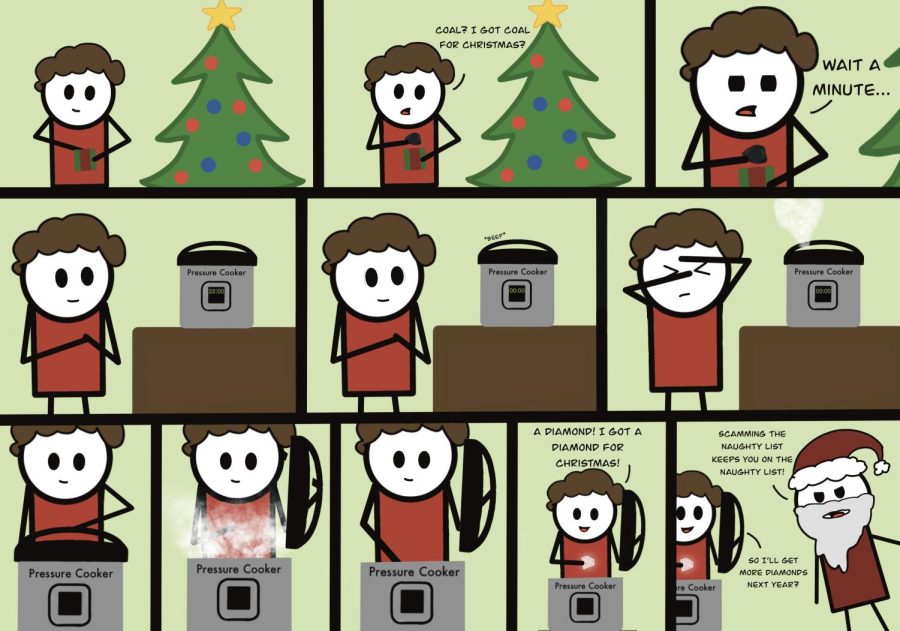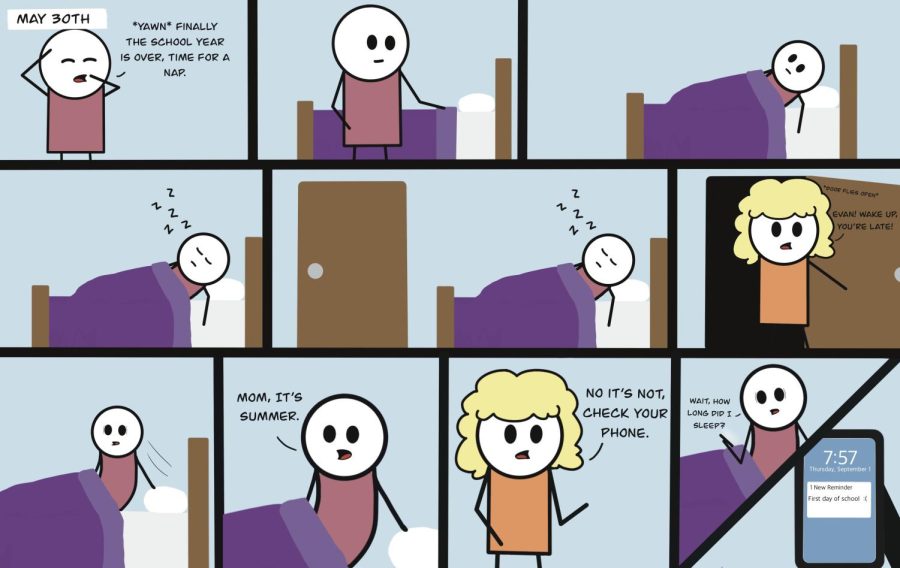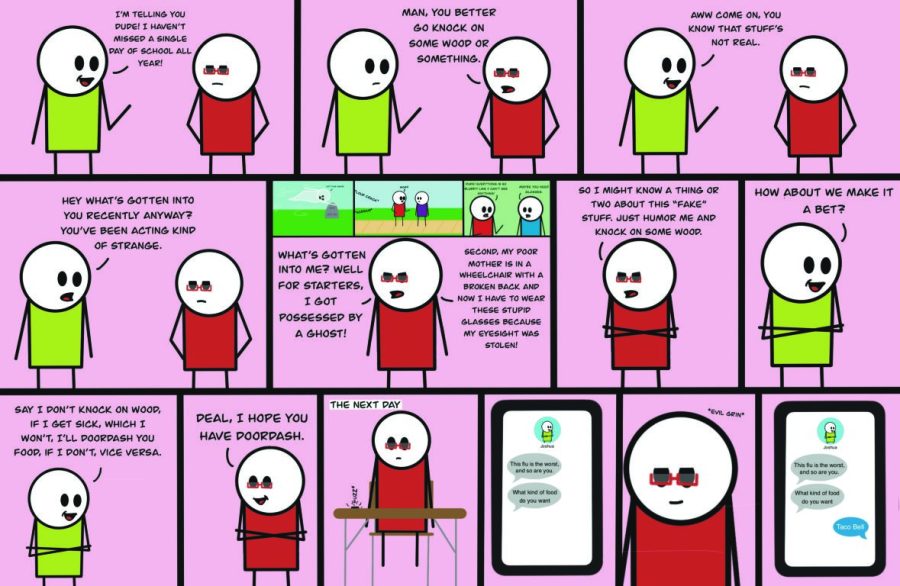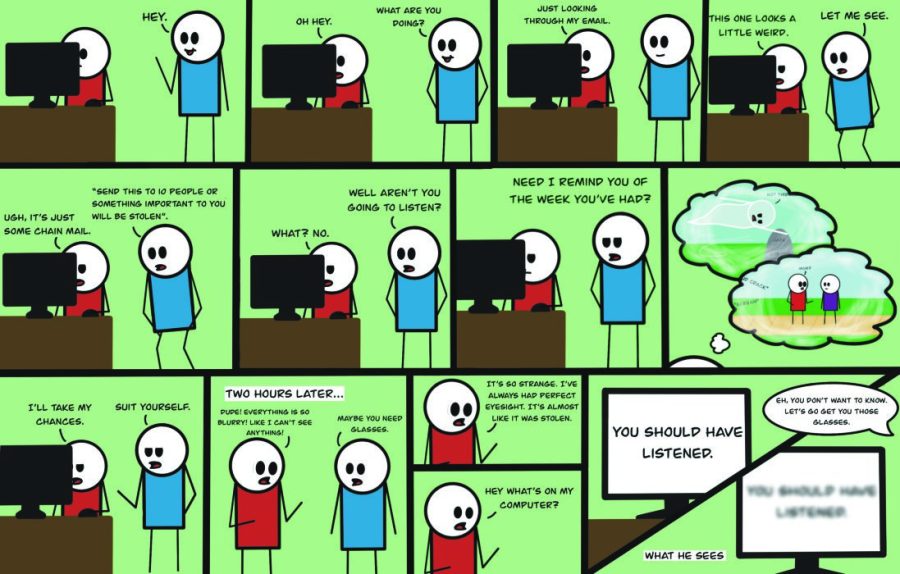Man Overboard: The Trouble with Toxic Masculinity in Advertising
February 8, 2019
 Gillette recently celebrated its 30th anniversary on January 13, 2019; while one would think this would lead to a Wolf of Wall Street-esque celebration consisting of binging, babes, and boozing, Gillette decided to flip the script entirely. The sultans of shaving stock unleashed a new advertisement titled “We Believe”, and even changed their slogan to “The Best Men Can Be” to reflect their new ideals. The commercial immediately polarized consumers; it is currently the 25th most disliked video on YouTube, with 34 percent of the video’s comments being deleted within just nine days of being uploaded. However, this firestorm of social media backlash is for all the wrong reasons.
Gillette recently celebrated its 30th anniversary on January 13, 2019; while one would think this would lead to a Wolf of Wall Street-esque celebration consisting of binging, babes, and boozing, Gillette decided to flip the script entirely. The sultans of shaving stock unleashed a new advertisement titled “We Believe”, and even changed their slogan to “The Best Men Can Be” to reflect their new ideals. The commercial immediately polarized consumers; it is currently the 25th most disliked video on YouTube, with 34 percent of the video’s comments being deleted within just nine days of being uploaded. However, this firestorm of social media backlash is for all the wrong reasons.
Advertising has always been viewed as a necessary evil. Manipulative when it wants to be–and always with the goal of being as persuasive as it can possibly be–companies will go the distance to sell their product to vulnerable consumers. An absence of morality has even been evident, with some cigarette companies appealing to children in their advertisements. Men’s personal care brand, Gillette, has been no exception to this implicit principle of the advertising world, as their long-running and instantly recognizable “The Best a Man Can Get” campaign promoting would suggest.
The new commercial starts off with a narrator rhetorically asking, “Is this the best a man can get?” A tongue-in-cheek reference to the company’s famous slogan. A montage of negative behavior among males is then shown, including catcalling, wrestling, groping, bullying, and a lack of intervention from fellow male peers in these situations. Several allusions to the “real world” are made, with footage of newscasters reporting on allegations of numerous incidents of sexual misconduct being shown. The ad then replays the incidents depicted earlier, but instead, these men and boys hold each other accountable for their sexism and violence. As a grand finale, Gillette urges viewers to help “men achieve their personal best” by donating to organizations such as the Boys & Girls Clubs of America.
In all fairness, it wouldn’t be wrong to say that Gillette has their heart in the right place with this advertisement. Coming off the heels of the #MeToo movement, the male population lives in a climate where they should hold not only just themselves accountable for their actions, but also other men as well. However, nobody in society is exempt from personal responsibility. This includes companies and the advertising agencies that represent them.
The alcohol, tobacco, and cigarette industries should especially share the blame in the epidemic of “toxic masculinity” that has plagued manhood by contributing to a drastic increase in health risks amongst males. Recent data demonstrates that men, on average, die about 5 years earlier than women, and 25 percent of men are 3.9 times more likely to experience death due to accidents that are championed by the stereotypical view of manliness, such as drinking, smoking, and reckless driving. With these statistics at hand, it shouldn’t take a number-crunching accountant to observe the connection between higher male death rates and the master manipulators of advertising.
The relationship between the small screen and the alcohol industry has always been cordial; throughout the history of television, it has seemed ineluctable to surf the vast ocean of cable channels without being bombarded by bombastic booze commercials. These ads appeal to the lowest common denominator of men, but attract males of all sorts: alpha and beta. Quotable quotes like “Wazzup?” and “Dilly dilly” have entered the vernacular of those possessing a Y chromosome thanks to Anheuser-Busch, but their advertising tactics are far more sinister than repetition and humorous rhetoric. It kicks off the domino effect that leads to a serious spike in alcoholism and drunk driving, all thanks to the empty promises made by these advertisers, which guarantee sexual fulfillment.
“Sex sells” is a motto considered to be scripture by advertising executives, and both men and women have fallen prey to the objectification that is as common in alcohol and tobacco advertising as pointless explosions are in a Michael Bay film. The most consistent cliché in these ads is the same old song and dance: man sits at bar, attractive skimpily-dressed woman arrives, man drinks bottle of product, obtains woman.
The cigarette industry–despite having television advertising banned by President Nixon in 1970–have occupied another medium in the form of magazines, billboards, and newspapers, all the while following the same strategy as the booze crew. For its five or so decades of existence, the Marlboro Man was a household name who helped skyrocket Marlboro’s sales by duping gullible gentlemen into believing that lighting up a stick would transform them into the “macho cowboy” they always dreamed they could be. The powers that be at Marlboro failed to mention that this transformation into a John Wayne clone would come at the expense of lung cancer and heart disease.
Gillette has never sold an alcoholic beverage or tobacco product, but they have learned a few tricks of the trade from these industries when it comes to treating men and women like objects. Their aforementioned “The Best a Man Can Get” campaign likewise followed a tired, monotonous formula: man struggles at work and romance, uses Gillette products, gets promotion and kiss from wife. In the 1990s, Gillette promoted their views of manliness with commercials that were capped off with arena-rock jingles and several scenes of footage that supposedly displayed the epitome of ideal manhood that was guaranteed with using Gillette products, including winning a marathon, a strengthened relationship with spouse, and earning the respect from their boss that everyone craves. On the surface, this just seems like ordinary hyperbole, but its crime is much more reprehensible than just stretching the truth. Similar to cosmetics campaigns like “Maybe It’s Maybelline” that have raised eyebrows for sexism by making natural beauty seem completely unattainable for women, this advertising trope serves only to completely shatter the self-esteem of men by raising the sky-high bar of masculinity that males feel they constantly have to reach.
Actor Terry Crews–whose commendable Congressional testimony where he detailed his story of being a victim of sexual harassment was featured in the Gillette commercial–was right on the money when he compared masculinity to occasionally being akin to “a cult.” Instead of convincing its followers to drink tainted Kool-Aid or off themselves to avoid an alien invasion, masculinity has instead lured its testosterone-owning members into a lifetime of misogyny, repressed emotions, lack of intimate friendships, and even health issues. As Terry Crews called upon men to hold other men accountable in his testimony, Gillette should sit down and take notes before they emulate the actions pitched in his powerful message.
The razor brand needs to take a nice, long look in the mirror; not to shave or admire themselves, but instead to swallow their pride and apologize. With their new approach, it appears as if Gillette is merely attempting to deflect the blame onto the male status quo instead of facing the music of their own contributions to the epidemic of toxic masculinity: which is, ironically, more reminiscent of a bratty child in the principal’s office than a man in a position of power. The boys in the band Chicago once crooned that it was “hard to say ‘I’m sorry’”; while it remains a mystery as to where this musical collective hailed from, it is no secret that–regardless of difficulty–a sincere apology displays respect and empathy for the affected party (in this case, women).
Instead of taking the route celebrities typically take and read a generic “apology” from the notes section of their iPhone X, Gillette should strive to become the best men they can be by setting an example for the men who buy their products and view their commercials. Rather than sit atop the hill and watch the village of men burn down to the ground, Gillette should spring into action and help put out the fire that they considerably helped cause.



